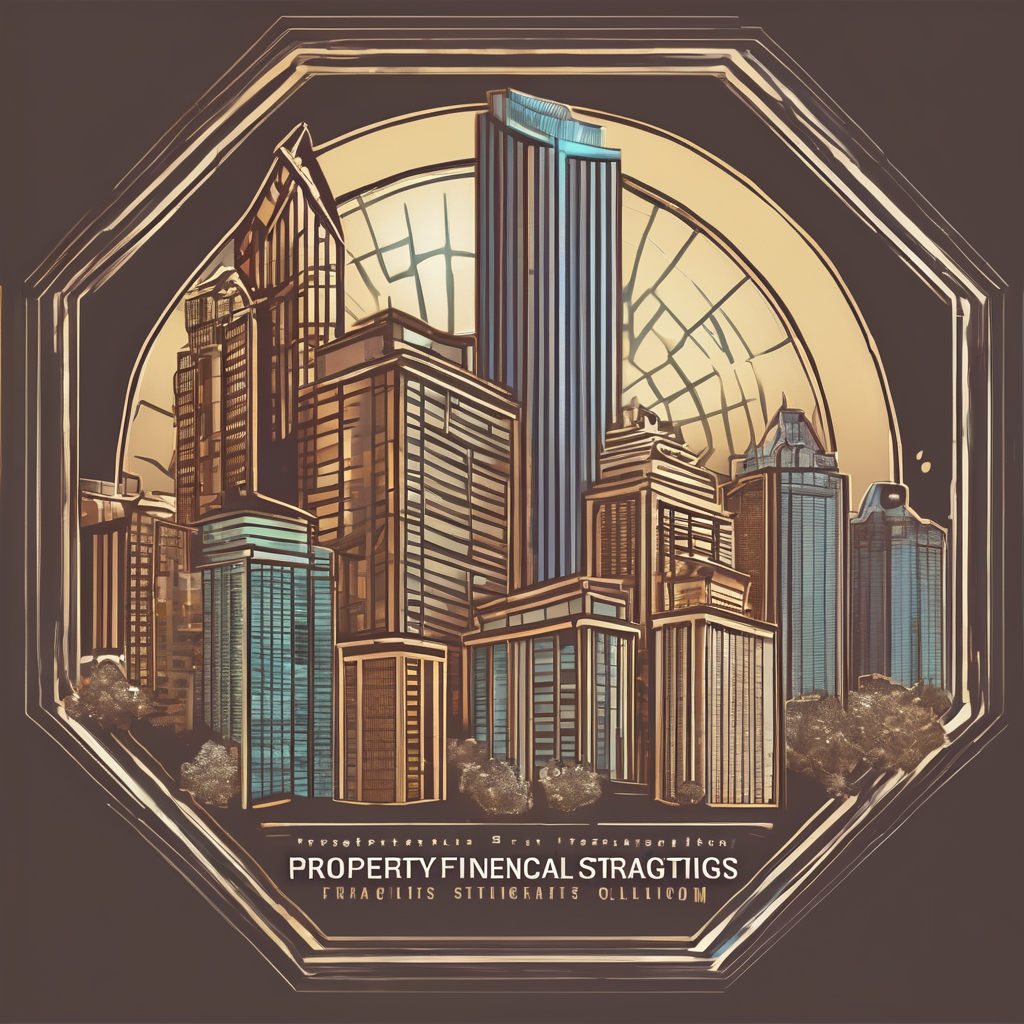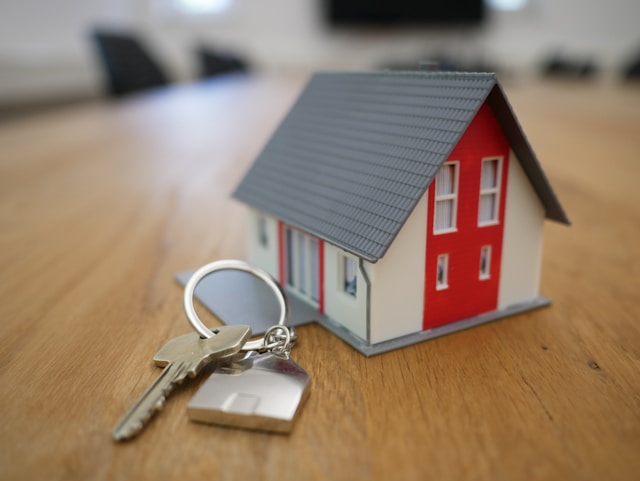Navigating the property landscape in the UK can be somewhat daunting, particularly when dealing with leasehold properties. When it comes to this form of ownership, questions often arise about financial viability, management of charges, legal terms, and the role of the freeholder or the landlord. This article aims to help you understand and evaluate the financial implications of leasehold properties, and provide guidance on how to make informed decisions.
Understanding the Basics: Leasehold and Freehold
Before we delve further, it’s crucial for you to understand the basic difference between freehold and leasehold. A freehold property gives the owner outright ownership of the property and the land on which it stands. Conversely, with a leasehold property, you only own the property for a fixed term, not the land it stands on.
Sujet a lire : How can UK property investors leverage artificial intelligence for market analysis?
Leasehold properties are subject to a lease from the freeholder (or landlord), which can span anywhere from 99 to 999 years. As leaseholders, your rights and responsibilities are outlined in the lease terms, while the freeholder retains the ownership of the land. During the lease term, you’ll also be required to pay ground rent and service charges to the freeholder.
Ground Rent and Service Charges
One of the main financial considerations when buying a leasehold property is the ground rent and service charges. Ground rent is a periodic payment made by the leaseholder to the freeholder, while service charges cover the cost of maintaining and managing the building and communal areas.
Lire également : What are the legal steps to challenge a property boundary dispute in the UK?
While ground rent might initially seem insignificant, it can increase significantly over time. Some leases have provisions that allow the freeholder to double the ground rent every few years. Therefore, it’s essential to read the lease carefully and factor these potential increases into your budget.
Service charges can also vary considerably. They often include costs for cleaning, gardening, insurance, communal electricity, and management fees. An unexpected hike in service charges could impact your long-term financial planning. Therefore, it’s advisable to request a history of service charges before committing to a leasehold property.
Lease Length and Depreciation
The length of the lease is another vital factor to consider. The value of a leasehold property can decrease as the lease gets shorter, a process known as depreciation.
If the lease term drops below 80 years, the property can significantly depreciate in value, and the cost of extending the lease can skyrocket. Furthermore, many mortgage lenders are reluctant to finance properties with short leases, which could make it challenging if you plan to sell the property in the future.
Dealing with Freeholders and Property Management
The relationship with the freeholder or their appointed property management company can significantly impact your experience as a leaseholder. They are responsible for maintaining the building and communal areas, and their efficiency can influence your living conditions and service charges.
It’s essential to do your research and speak to existing leaseholders to get a sense of the freeholder’s or management company’s reputation. You should also verify if there are any ongoing disputes, as these could result in additional legal costs.
Seeking Professional Advice
When it comes to assessing the financial viability of a leasehold property, it’s often wise to seek professional advice. A conveyancing solicitor can help you understand the lease terms, while a financial advisor can assist with budgeting for ground rent, service charges, and potential increases.
Remember, buying a leasehold property is a long-term commitment. It’s crucial to fully understand the financial implications and responsibilities before signing on the dotted line. With careful planning and thorough research, you can ensure that your leasehold property is a sound financial investment.
Extending the Lease or Buying the Freehold
When it comes to a leasehold property, a crucial consideration is the potential need for a lease extension or the option to buy the freehold. Both of these options come with significant financial implications and potential benefits.
If the term of your lease is getting shorter, extending the lease could be a wise decision. As previously mentioned, when the lease term drops below 80 years, the property can significantly depreciate in value, and extending the lease can become expensive. Therefore, acting before this threshold can save you money in the long run. However, lease extensions usually involve paying a premium to the freeholder, alongside legal and valuation costs. Moreover, you need to have owned the property for at least two years to have a statutory right to extend the lease.
On the other hand, buying the freehold can give you greater control over the property and eliminates the need to pay ground rent. This process, known as enfranchisement, can also increase the property’s value and make it more attractive to potential buyers. But similar to lease extensions, buying the freehold can be expensive and involves legal fees. You’ll also need to reach an agreement with the freeholder on the purchase price.
Both options have their complexities and require specialist knowledge. Therefore, seeking professional advice from conveyancing solicitors or enfranchisement specialists can guide you through the process and help you make an informed decision.
Investing in Leasehold Properties: Conclusion
Investing in a leasehold property is a significant decision that requires careful consideration and understanding of the associated financial obligations. The complexities of ground rent, service charges, lease durations, and interactions with the freeholder or the management company can all add layers of complications to your property investment.
Moreover, the possibilities of a lease extension or even buying the freehold are decisions that can significantly impact the property’s long-term value and your financial planning. Therefore, obtaining professional advice can be invaluable in navigating these complexities.
In conclusion, while leasehold properties in the UK can present unique challenges, they can also provide considerable opportunities. With a thorough understanding of the leasehold system, careful financial planning, and the right professional guidance, you can ensure your leasehold property is a viable and profitable long-term investment.
Remember, the key to a successful real estate investment lies in understanding your financial commitments and responsibilities fully. As a potential leaseholder, your understanding of the lease agreement, appreciation of the property’s value over the lease term, and readiness to deal with ground rent and service charges will play a significant role in your success.






